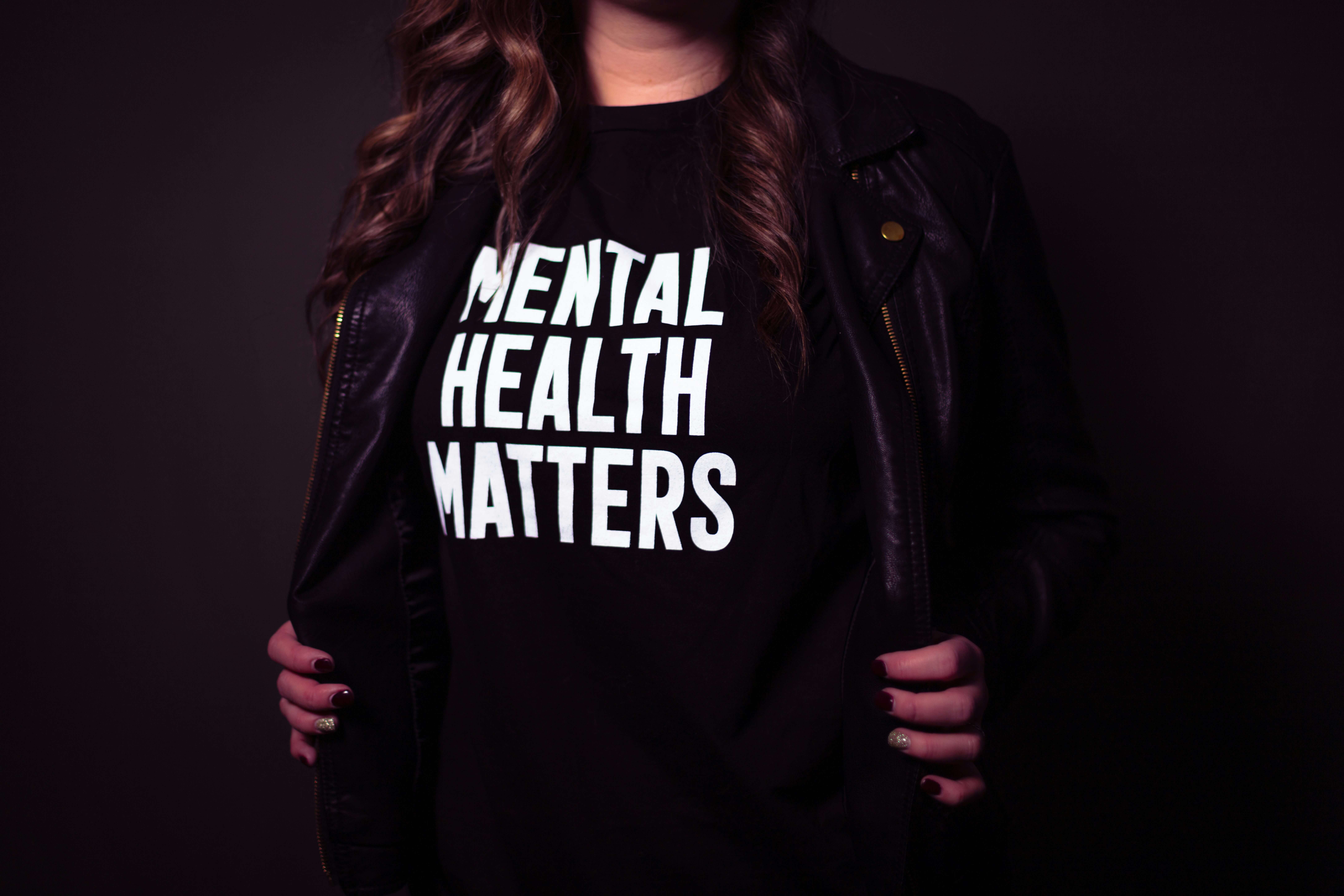Seeing a loved one struggle with addiction can be distressing, to say the least – and trying to convince them to check in to an addiction treatment center may be difficult, especially while they’re in denial.
If you are wondering how to help an addict in denial, you’re not alone, and we can help you find the answers you’re looking for.
We’ll cover:
- What qualifies as an addict
- How to help an addict in denial
- What to say to an addict in denial
- What causes a person to be in denial
What Qualifies as an Addict?
Addiction or a substance use disorder are complex yet treatable chronic medical conditions where a person has uncontrolled use of a substance despite harmful consequences, including alcohol, tobacco, or illicit drugs.
People with a substance addiction may distort their behavior or thinking, or let life deteriorate around them to accommodate their needs. As they become tolerant of the substance and the lifestyle required to keep using it, they may engage in even more destructive behaviors. Often, they will blame family members and friends or flat-out lie about circumstances to cover up their addiction.
How to Help an Addict in Denial
When approaching a loved one suffering from addiction while they’re in a state of denial, it is important to remember that they are not a doomed person, but that there is a way out for them, which should be your primary goal.
They may have done things to hurt you, themselves, and those you mutually care about, but blame and criticism are not the solution when an addict is deep in denial.
The decision to change must come from within the individual, but that doesn’t mean there aren’t approaches to help them. Insults and simple versions of ‘tough love’ are not our recommendations.
There are plenty of ways to clearly and precisely show your intent and attitude toward your loved one and their struggle, including:
- No longer financially enabling them
Drug and alcohol addictions become costly habits, as addicts need more and more of the substance, and the addiction often inhibits their ability to work and gain money. If you are helping them by paying bills, giving them money, or housing them, it might be time to set clear boundaries and stop doing these things. - Organizing a professional intervention
Interventions with professional assistance can be extremely effective in getting your loved one to pursue and accept the proper treatment they need. However, it is important not to stage an intervention alone or without the proper professional help for greatest effect. It’s very easy to spoil it, so having professional help will give you and your loved one the best chance at success and recovery. - Pursuing Inpatient or Outpatient Treatment
Professional guidance, rehabilitation, and structured treatment programs in an addict’s life are almost assuredly the only way to have a breakthrough. There are rare instances where an addict can turn their own life around with no help.
Still, it is a staggeringly low number relative to the number of people who have gotten the help they need from professional treatment and rehabilitation centers. We advise taking the more likely approach and not delaying a moment. - Follow Through With Consequences
Whatever approach you take to reaching an addict in denial, you need to let them know you are serious about your suggestions. If you say you will cut someone off, demand they go to rehab, or seek other help for them, you need to follow through; otherwise, you will continue to enable their addiction and denial.
The most powerful thing you can do for a loved one is consistently communicate with them, not blaming them for their situation, and continue pursuing the best professional help possible.
What to Say to an Addict in Denial
Approaching a loved one about their addiction is never easy, especially when they are in denial. However, by the time you have realized this is necessary, we are no longer concerned with ease. You should be having this conversation as often as it takes until your loved one is willing to change, but there are specific ways to approach it. Here are some pointers on how to address the situation.
What to Say, What Not to Say
Do’s:
- Talk to them while everyone is sober.
This may not always be possible with certain substance addictions, but it is crucial to try. If you let them know that you’re only willing to talk while they are sober, it will begin forming healthy boundaries, which can be a point of emphasis once they are on the road to recovery. - Let them know you love them and want to help.
You will be one of the most important pieces in a support group for your loved one. Encourage them to remember when times were good in your family and express that you want to get back there. More often than not, the addiction has come from trauma and is debilitating for your loved one as well; they just need help. - Express how their behavior makes you feel.
One of the best chances to reach an addict in denial is letting them know that you love and care for them, but their actions are hurting you. Substance abuse is generally a selfish disorder, but that is partially the drug taking hold of your loved one. The hope is that they see you care and are willing to change for long-term recovery.
Don’t’s:
- Don’t shame or blame them.
There is already enough internal pain and confusion for an addict in denial, and you lashing out at them can cause them to withdraw. While you have to be clear that they are accountable for their actions, anger is not the best way to express support. - Avoid serious conversations while they are under the influence.
This is not always possible, but you need to try and engage them while not in an altered state. This might mean staging an intervention or cutting them off financially first, but having a sober conversation is necessary. - Don’t make excuses or avoid the issue.
You should never be angry or lash out at your loved one, but you also have to be firm with them and follow through with your actions. They’re struggling and hurting themselves, you, and their family, and until they change, their behavior is unacceptable.
The reality is that this message alone likely won’t change them; they will only do so when they are ready to. However, each time you express this, you’re giving them another opportunity to have a breakthrough.
What Causes a Person to Be in Denial?
Denial is a debilitating part of addiction because it often grows in conjunction with the addiction itself. Just as an addict didn’t begin life as one, they likely weren’t always in denial.
When someone is in denial, they are:
- Ignoring Reality
This may be the starting point of substance use and its denial. Your loved one’s personal life might be in poor shape before turning to substances, so they use them as a way to ignore the pain. - Escaping Feelings
Self-loathing about substance abuse and the things that play into its manifestation is very common. If someone can use drugs or alcohol to numb those, they may embrace denial to make it seem as though everything is okay. - Rationalizing
Even if your loved one knows what they are doing is unacceptable and sees how it affects their life, they may think things like, “It’s not so bad,” or, “I have this under control.” These thoughts might persist as the addiction gets worse, and someone will minimize the effect the drugs or alcohol are having on their life by rationalizing them at the same time.
There are many other reasons that someone may become an addict and then fall into denial. What’s important is that you communicate with them to help them get out of it, regardless of why they’re there.
Find a Drug and Alcohol Rehab in Arizona
At Fountain Hills Recovery, we work to get people their life back. Addiction can be scary to face, and no one should do it alone. We know how much work it takes, and we want to help you or your loved one find the right resources to heal from substance abuse. Please reach out to us today if you’d like to learn more about our programming or enrollment for therapeutic modalities and rehab.





